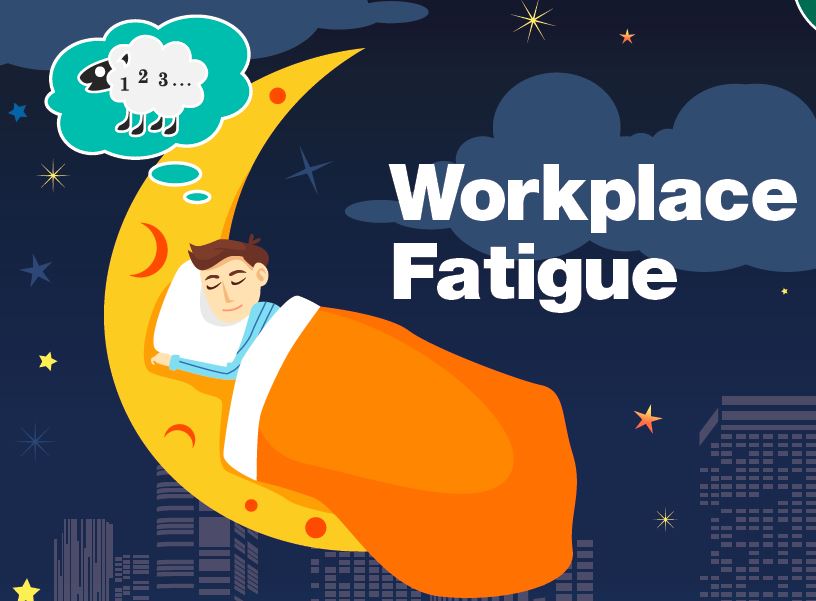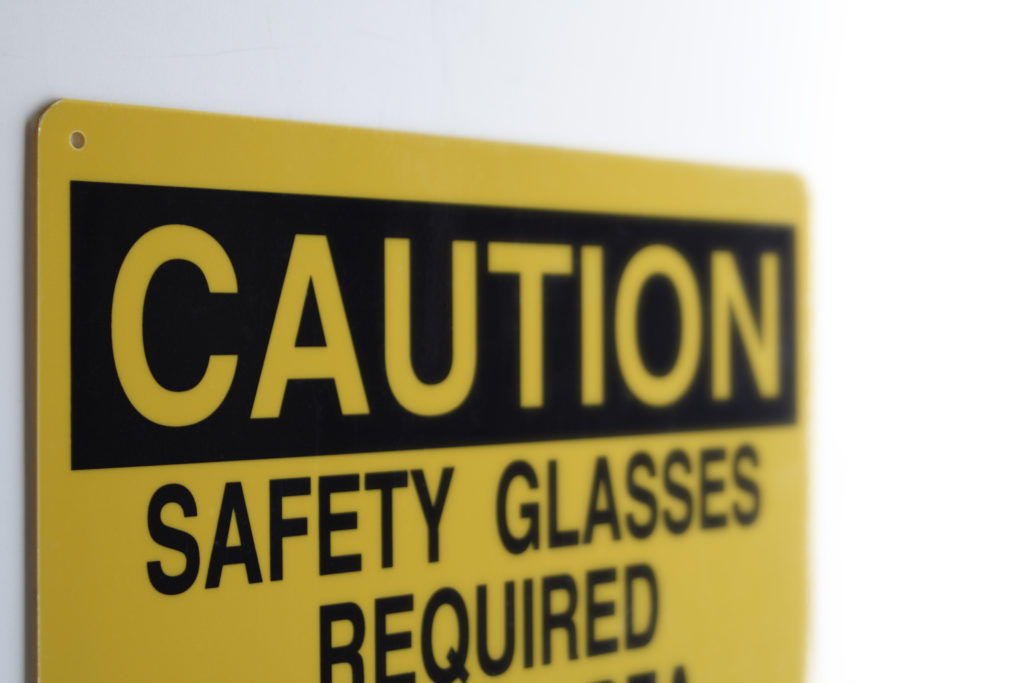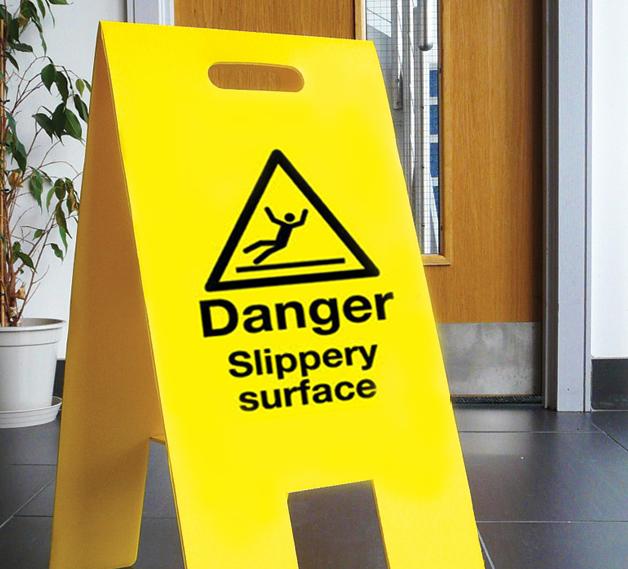The first week of National Safety Month takes place June 3-7. Hazards are all around us at work and home, and the threats can take many forms. Learn to see hazards, they may not always be obvious or immediate concerns, but they can still pose a risk to you and your coworkers or family.
See hazards at work
Your workplace may have policies in place for major hazards, but may hidden issues can still put you at risk.
- Lighting: Can pose a risk if its a burnt out bulb can keep hazards in the shadows. Even if you’re not the one to fix it, report this hazard right away.
- Temperature: Plan ahead and dress accordingly for the temperatures you’ll experience on the job. Watch out for other possible hazards caused by temperature.
- Air Quality: Similar to temperature, make sure exhaust fans are running
- Overexertion: This is the number one cause of work-related injury. Report stress and strain on your body from heavy lifting or repetitive motions and talk to your supervisor to be sure you are performing these actions safely.
See Hazards at home
Ask yourself, what are the items in my home that I think are harmless but could pose a hazard in the wrong hands? Prescription opioids, cleaning supplies, and other potentially harmful substances should be stored up and away and out of sight from children and pets. Walkways should be free of clutter if you see an issue clean it up or fix it right away to keep your loved ones safe.
The second week of national safety month is slips, trips, and falls (June 8-16). Though they might seem harmless, slips, trips, and falls are the most common hazards we face in the workplace and they can have serious consequences.
Prevent Slips, Trips, and Falls
While each of our jobs are different, for most of us, walking is part of your workday. Whether it’s walking the factory floor, taking a stroll outside during a break or getting from one meeting to another, we are on our feet at least part of the day. With all of that foot traffic, there is a potential for a fall. Did you know that falls to a lower level are the second leading cause of preventable workplace fatalities?
- Distractions of walking: reading a text, having an intense conversation, either on the phone or with another person next to you. Rushing too fast through traffic areas at work, and carrying much in your hands.
- Dress for the day: Where are you going? Always strive to have the safest footwear. What is the weather like? Snow or rainy days, boots are the best option for safety from the parking lot to inside your office.
- Clean workspace: keep cords covered, papers and boxes off walkways and clean spills right way.
 The third week of National Safety Month, June 17-21, focuses on fatigue. As our lives get busier, our sleep is often the first thing to go and we can quickly become fatigued. Being fatigued can have serious impacts on our health and safety, but some simple steps can help you get the rest you need.
The third week of National Safety Month, June 17-21, focuses on fatigue. As our lives get busier, our sleep is often the first thing to go and we can quickly become fatigued. Being fatigued can have serious impacts on our health and safety, but some simple steps can help you get the rest you need.
Fight Fatigue
- Alcohol: Alcoholic beverages may disrupt normal sleep, especially if these are consumed too close to bedtime.
- Caffeine: As a stimulant, consuming caffeine can disrupt your sleep patterns. Avoid it for as long as six hours before bedtime.
- Screens: The blue light on TVs, phones, and other electronic devices can keep your body from producing melatonin, the hormone that helps you relax and get you to sleep. Avoid screens for at least 30 minutes before bed.
Sleep Better, Work Better —no substitutes for good sleep. It is still up to you to put these habits into practice and make your sleep a priority each day, every day.

Lastly, week 4 (June 24-28) of National Safety Month is on Impairment. In every industry, employees need to be healthy and focused to stay safe at work. Impairment is a major roadblock to workplace safety and the effects are more common than you think.
What Impairment Looks Like
- Alcohol: Impairment begins with the first drink. Research shows that for the majority of drivers, driving performance has deteriorated significantly at an alcohol concentration level 0.08 or higher. Even if you don’t drive for work, alcohol can impair your ability to work safely.
- Prescription Drugs: Some legally prescribed drugs, including opioids and other over-the-counter medicines, can result in impairment —even when taken precisely.
Recognize your risks, though these may seem obvious, we are not always best judges of our own levels of impairment. When you feel the effects of impairment on the job, you must be willing to acknowledge the situation and respond accordingly.
We have to make safe decisions both for on the job and back home. The more you know about the risks of these weekly topics and how they can arise, the better you can judge your ability to work safely.
If you have a non-life threatening injury and you want to see a doctor faster than an ER visit Haven Elite Urgent Care.


